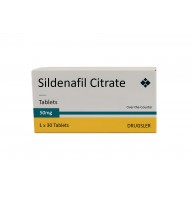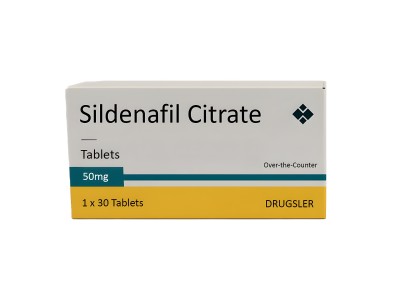When it comes to over-the-counter (OTC) pills for erectile dysfunction (ED), it's important to note that there are no true OTC medications specifically approved for treating ED in the same way as prescription drugs like Viagra (sildenafil), Cialis (tadalafil), or Levitra (vardenafil). However, several supplements and herbal remedies are marketed as helping with ED. The effectiveness of these products can vary, and they are not regulated as strictly as prescription medications, so quality and efficacy can differ widely.
Some commonly mentioned OTC supplements and herbal remedies for ED include:
L-arginine: An amino acid that helps produce nitric oxide, which relaxes blood vessels and improves blood flow. Some studies suggest it can help with ED, but results are mixed.
DHEA (Dehydroepiandrosterone): A hormone that the body converts into testosterone and estrogen. Some evidence indicates it might help men with ED, particularly those with low levels of this hormone.
Panax Ginseng (Korean Red Ginseng): Often referred to as herbal Viagra, some research suggests that it can improve ED symptoms. It is thought to enhance nitric oxide production and improve blood flow.
Yohimbe: Derived from the bark of an African tree, it has been used to treat ED. However, it can cause serious side effects like high blood pressure, anxiety, and heart problems, making it a less safe option.
Horny Goat Weed (Epimedium): An herb used in traditional Chinese medicine. It contains icariin, which may help improve erectile function by increasing blood flow.
Maca Root: A Peruvian root vegetable that some small studies suggest might improve sexual desire and function.
While these supplements are widely available, it is crucial to consult with a healthcare provider before using them. Supplements can interact with other medications and have potential side effects. Additionally, the quality of OTC supplements can vary significantly between brands, and some products may not contain the ingredients they claim to or might include harmful contaminants.
For those considering OTC options due to the cost or inconvenience of prescription medications, it's important to weigh these factors carefully. In some cases, a healthcare provider might be able to suggest a safe and effective treatment plan that includes lifestyle changes, such as diet and exercise, which can also have a positive impact on ED.
In summary, while there are several OTC supplements marketed for ED, their effectiveness varies, and they are not as rigorously tested or regulated as prescription medications. Consulting with a healthcare provider is the best course of action to ensure safe and effective treatment for ED.

